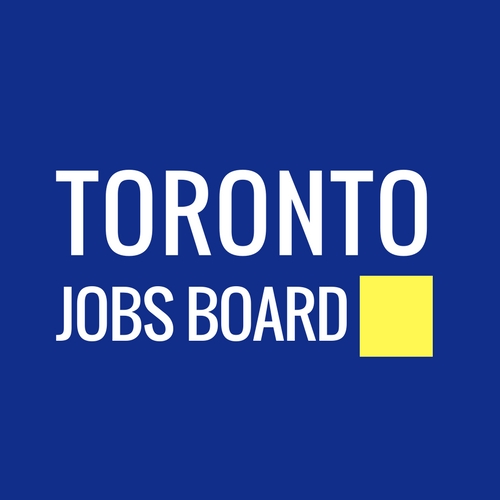Canada is undergoing a major shift from a jobs economy to a skills economy, and our young people could be at risk of being left behind. Fortunately, a new report looks into the way we’ll all need to change to keep up.
“An assessment of 20,000 skills rankings across 300 occupations and 2.4 million expected job openings shows an increased demand for foundational skills,” states the 2018 RBC Economics Report – Humans Wanted.
But what exactly does that mean? Here’s a rundown on these important “human skills”.
- Critical thinking. The risk of automation is high for jobs that require repetition, like data entry and even some data analysis. However, critical thinking — the ability to make strong human judgements based on that data — is still an invaluable skill. There are a lot of traits that feed into the skill as well, including strong empathy, perception and reasoning
- Understanding that workplaces succeed when everyone works together in harmony can be one of the strongest ways to add value. Workplaces of the future will seek an employee who is able not just to get their work done, but to do it in a way that respects the time of their colleagues and timelines of their projects.
- Social perceptiveness. Like it or not, a job is driven by relationships. Knowing how to navigate these relationships can separate a good prospective employee from a great one.
- Active listening. Though it may seem like common sense, concentrating on what someone is saying — rather than just hearing it — is a real differentiator among candidates.
- Complex problem-solving. Innovation will be one of the most sought-after abilities in the future. Problems will arise in the workplaces of tomorrow that we can’t even envision today, and innovative thinkers who are able to find unique solutions will be able to put their businesses on the path to success.


